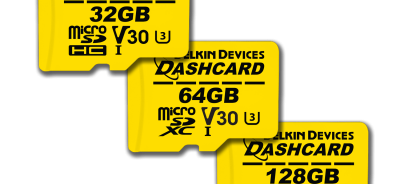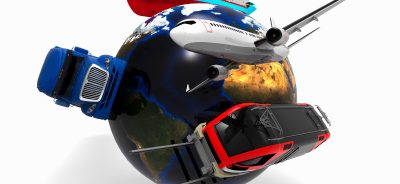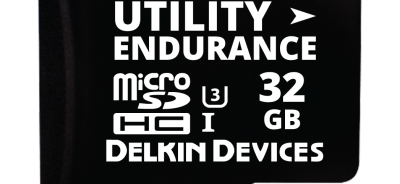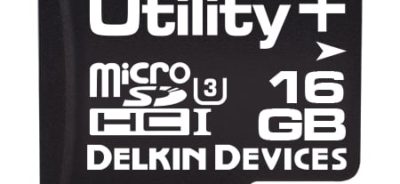Rugged Condition Flash Storage
Flash storage is found in a huge number of devices and applications, from basic laptops used by consumers to high-level instruments in airplanes that are critical to flight safety. Because flash storage is found in so many different devices, it is not uncommon for flash memory to be used in rugged conditions. Unless flash storage has specifically been designed to withstand extreme operating environments, these rugged conditions can often cause issues with flash storage that result in data loss. While losing data is never desirable, it is extremely costly—and in some cases, dangerous—when it happens with industrial devices. Here is a closer look at rugged condition flash storage and the benefits of choosing it for your device.
What are rugged operating conditions?
Rugged conditions include conditions in which temperatures are more extreme than normal or in which they fluctuate rapidly. Conditions in which shock and vibration levels are high are also considered rugged. These types of conditions are common in industrial environments, including those found in healthcare, transportation, and manufacturing fields. For example, a flash storage device used in a train may be exposed to high levels of heat, as well as shock and vibration from the movement of the train. Flash storage that isn’t specifically designed to withstand these conditions is likely to fail in that kind of operating environment. Generally, rugged condition flash storage is used in industrial devices, rather than consumer grade products.
How can I find rugged condition flash storage?
Rugged condition flash storage is typically designed with SLC, or single-level cell, NAND flash. This kind of flash is the most reliable and least prone to failures during read and write operations. This is because only one bit of data is stored on each cell, which creates a lower risk of errors and cross-cell contamination.
Rugged condition flash storage also has extended temperature ranges. Typically, SLC flash storage for industrial use can tolerate temperatures from -40 degrees C to 85 degrees C. This type of storage should also have an increased ability to operate in conditions with high levels of vibration and shock. Generally, if you choose industrial grade flash storage, you will be getting storage that is suited to rugged conditions.
At Delkin, we specialize in flash memory designed for rugged conditions. Our customers use our products in a wide variety of industries. For more information, contact one of our team members today.
ORDER DELKIN INDUSTRIAL FLASH STORAGE TODAY through our distribution partner Newark.
 Login
Login Register
Register












